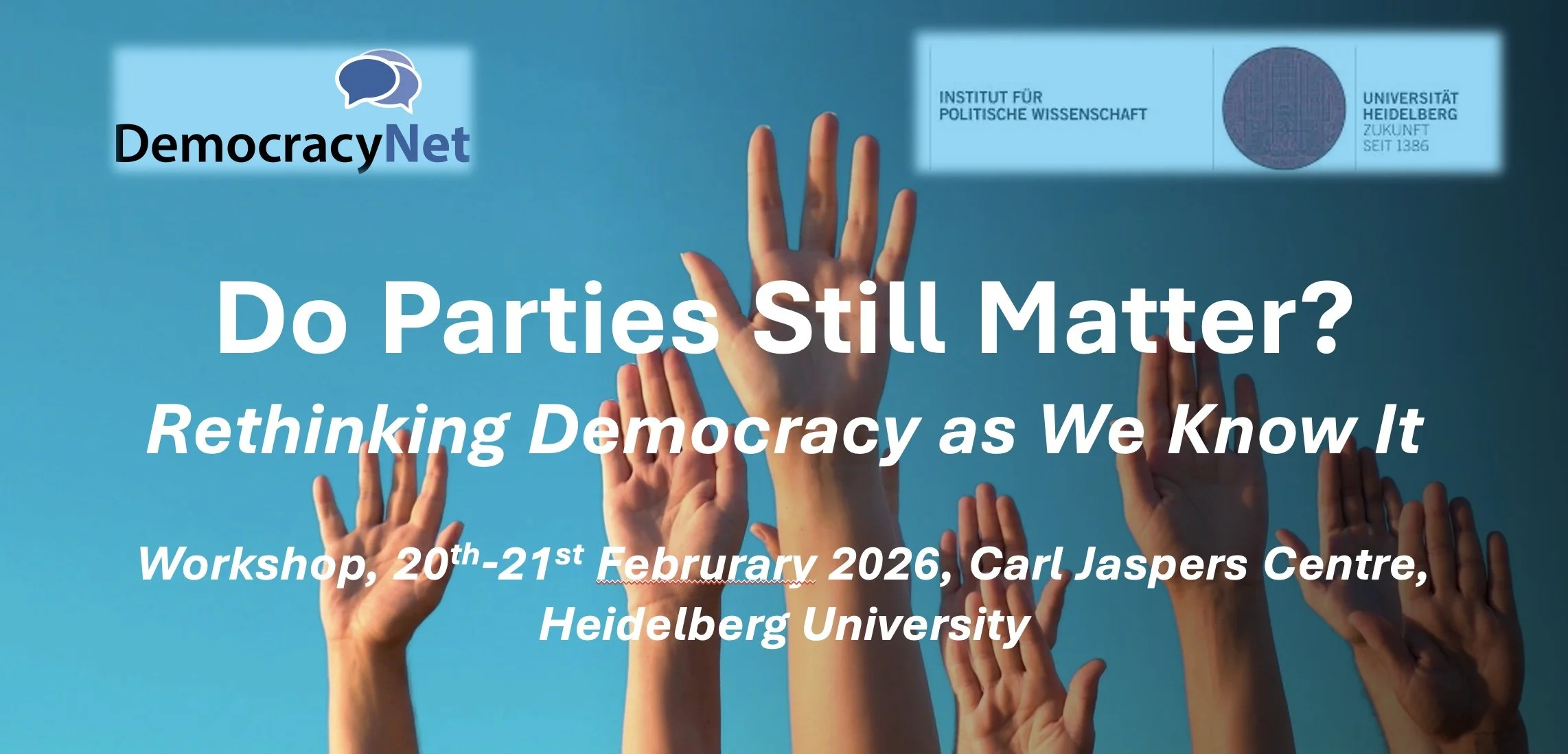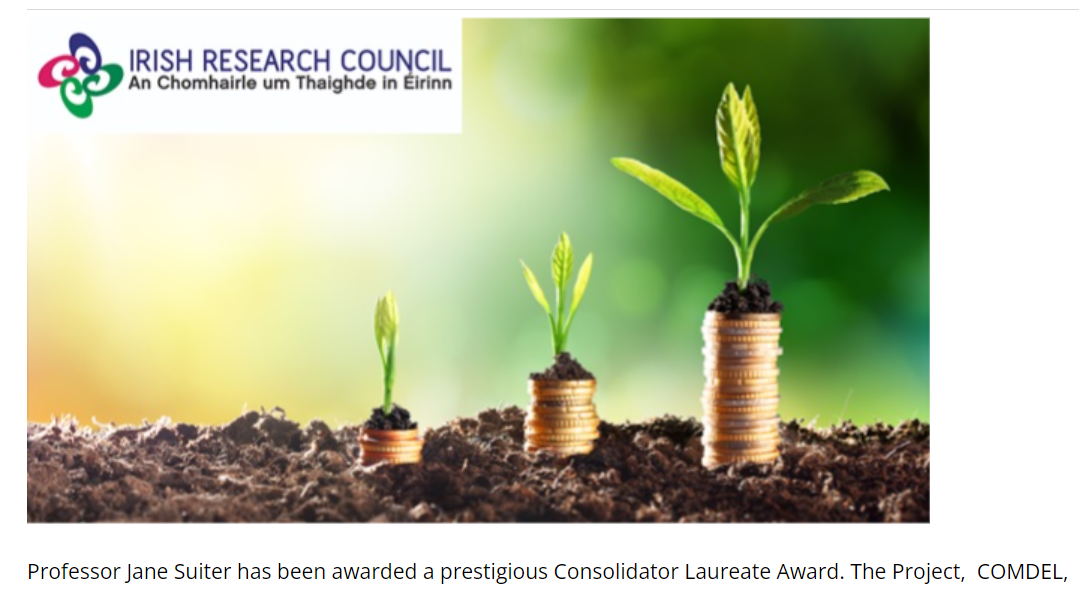I am a senior lecturer and senior researcher in modern political theory at Heidelberg University. Before starting my position in Heidelberg, I served as a visiting professor in political philosophy and applied ethics and a visiting research fellow at the African Women’s Studies Centre at the University of Nairobi. My research there focused on African political thought, decolonial theory (with a particular focus on applications to the Eastern African context) and strategies for “indigenising” political theory/philosophy.
After completing my habilitation (qualification for full professorships) on “Bridging Theory and Method in Researching Democratic Quality” at Helmut Schmidt University Hamburg, I took a position at Dublin City University where I applied some of thes conceptual approaches that I developed in my habilitation. More specifically, I was involved in two research projects that address the potential of deliberation to address climate change (Horizon2020-project “EuComMeet”; IRC-funded project “COMDEL”).
I have been a research fellow and senior lecturer in political theory, empirical political science/democracy studies and political philosophy at Helmut Schmidt University, Hamburg (2016-2022) and a lecturer in applied ethics, political science, and political philosophy at Heidelberg University (2014-2017).
I also am a co-convenor of the PSA's Participatory and Deliberative Democracy Specialist Group, a co-convenor of the DVPW’s Teaching and Learning Specialist Group and an Associate Editor of the interdisciplinary Journal Democratic Theory.
I was was a visiting research fellow and lecturer at the University of Canberra (Australia), Westminster University (London, UK), the University of Dar es Salaam (Tanzania), the University of Nairobi (Kenya) and the Technical University of Kenya (Kenya).
I hold a MA in philosophy and political science and a PhD in political science.
My research – published e.g. in Political Studies, Policy & Internet, Political Studies, Swiss Political Science Review or Political Geography and in my monographs Radical Proceduralism (2021) , The Sciences of the Democracies (2025; with J.-P. Gagnon et al..) or the co-edited volume African Women and Intellectual Leadership (2024: with M. Amutabi et al.) – focuses on theories of democratic legitimacy, critical/decolonial theory, theoretical and empirical studies of deliberative democracy, environmental politics and approaches aiming at decolonizing/indigenising democratic theory.
Ongoing Research—Reconceptualising Emancipation(s) & African Women’s Leadership
Reconceptualising Emancipation(s)—bottom-up: Grounding Normative Theory in Lived Experience
Democracy is usually understood as a community of self-governing, “autonomous” individuals or groups. Yet particularly for critical theorists, this ideal of self-governance is deeply intertwined with assumptions about emancipatory processes. While some theorists hold that only “emancipated” individuals or communities can truly govern themselves, others conceive of emancipation as the goal that should be achieved through democratic, inclusive politics. I suggest to take a step back from these debates to scrutinize existing understandings and to reconceptualize “emancipation”.
My point of departure is an analytical differentiation between personal and political emancipation. I then argue that established democratic theories usually provide us only with a vague – and potentially biased – understanding of emancipatory processes. Taking stock of existing theoretical notions, I particularly argue that decolonial, feminist and intersectional perspectives challenge us to develop a more in-depth understanding of the interrelationship between personal and political emancipation.
I argue that this enterprise requires a “methodological turn”: normative theorizing should ground understandings of personal and political emancipation in peoples’ lived experiences, their perspectives, and beliefs. These methodological rationales are based on grounded normative theory approaches. They also underly ongoing work and pilot studies that I conduct(ed) so in focus groups and semi-structured interviews with political activists, civil society representatives and “lay citizens” in Sub-Saharan Africa.
African Women’s Leadership
The project focuses on lifestories of female African leaders. Weutilise a “lifestory telling approach” (also see Amutabi et al. 2024; Fleuss 2024; Miller 2000). Narrative techniques are particularly well-equipped to convey this “experiential knowledge” (also see Dewey 1986; Fleuss 2024; Hohn 2013).This approach comes with the advantage that it puts the reader—even if they are “context strangers”—into the position to empathise with and enlive experiences of African female leaders. This methodological approach also contributes to the project of decolonising knowledge production: knowledge e.g. about dealing with environmental crises or food security is neither “male” nor “western” or “white”. Rather, African women’s indigenous experiential knowledge can provide crucial insights also vis-a-vis the contemporary climate emergency.
Our previous book focused on “African Women’s Intellectual Leadership” (Routledge, 2024) and compiled lifestories from Western Kenya that contributors carefully reconstructed based on fieldwork/interviews with these “female leaders” and/or their relatives and companions.
Past Research Projects
At DCU, I am currently involved in two projects—COMDEL (Irish Research Council Laureate Grant) and EuComMeet (Horizon2020) that explore the potential of democratic deliberation to tackle challenges posed by the climate emergency—and to create the environment for political debates that are constructive, enhancing citizens’ reflectiveness letting them have their say in developing measures for dealing with complex policy issues associated with climate change/environmental crises. Especially COMDEL explores citizen deliberation’s potential to counteract the impact of vested interests (e.g. of different corporate actor and lobbyists) on political action—and the lack thereof.





